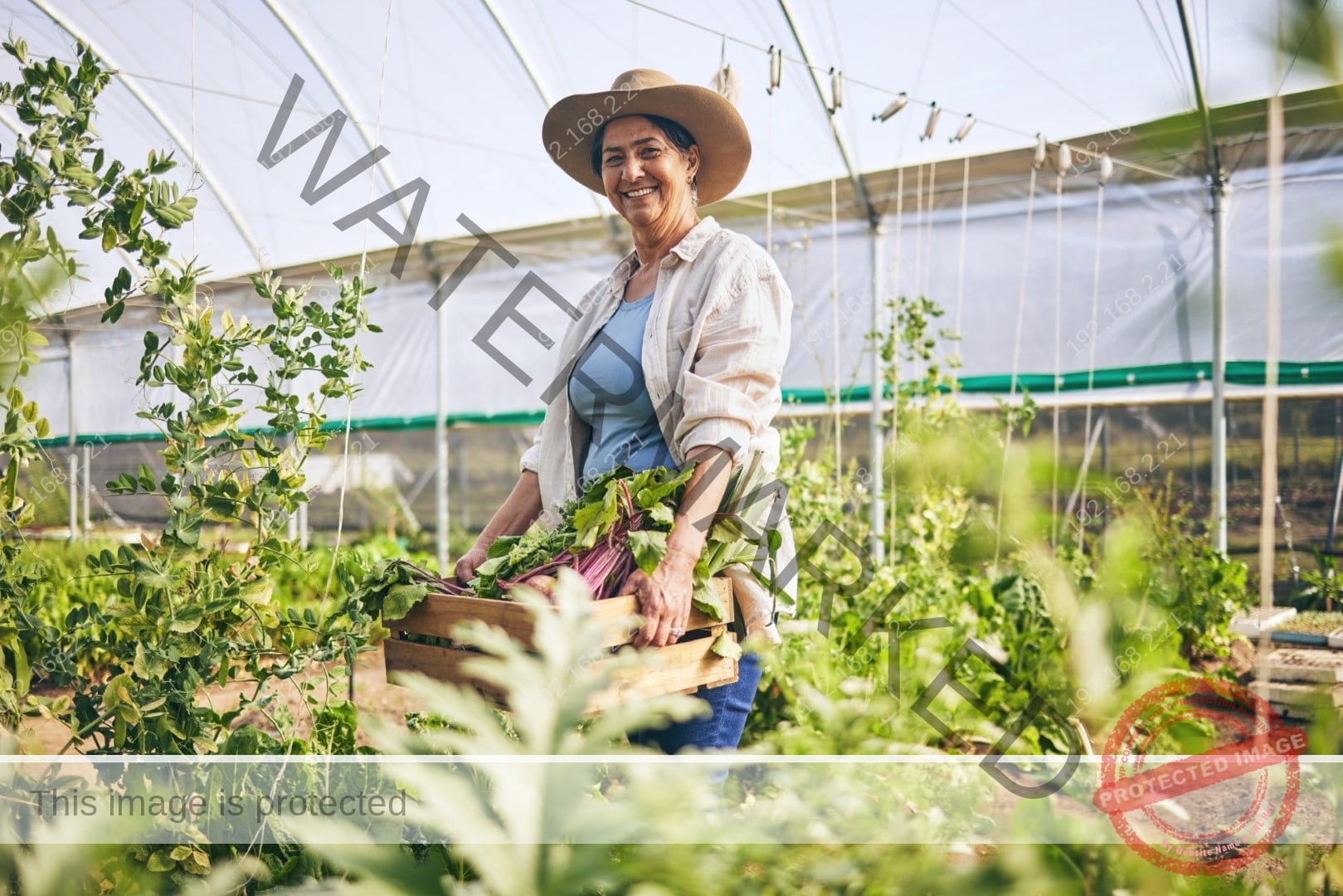The Canadian agri-food industry is grappling with labor shortages and challenges, which have been exacerbated by the COVID-19 pandemic. While various temporary policies and pilot programs like the Agri-Food Pilot exist, the inclusion of agri-food as a priority sector in the Express Entry system represents a paradigm shift. This article delves into the new developments and existing programs, aiming to shed light on how Canadian immigration programs are evolving to support the agri-food sector.
Agri-Food Pilot: A Stepping Stone to Permanent Residency
Launched on May 15, 2020, the Agri-Food Pilot was designed to address labor shortages in specific segments of the Canadian agri-food sector such as meat processing, mushroom and greenhouse production, and livestock raising. The program offers experienced workers in these sectors an opportunity to transition to permanent residency, thus creating a long-term retention strategy for labor.
While the program doesn’t immediately bolster Canada’s food supply chain with new workers, it provides a clear pathway for temporary foreign workers to become permanent residents. The pilot aims to accept 2,750 applications annually, with an estimated 16,500 new permanent residents landing in Canada throughout the duration of the pilot, inclusive of family members.
Express Entry: A Broad-Spectrum Solution
The inclusion of the agri-food sector in the Express Entry category-based draws signifies a larger, more robust strategy to tackle labor shortages. While the Express Entry system is not specific to agriculture, the prioritization of this sector allows for a broader pool of workers to consider Canada as a viable option for long-term residency. This complements existing pilot programs, including the Agri-Food Pilot, by providing multiple pathways for workers to remain in Canada.
By prioritizing the agri-food sector in the Express Entry system, the population within these industries will likely increase. These laborers, who may be less competitive in areas such as language requirements and education, can work without the limitations typically associated with temporary work permits. As a result, the need for specialized pilot programs and temporary policies may diminish over time, leading to a more streamlined approach to fulfilling labor shortages in these sectors.
Dealing with the COVID-19 Disruptions
The COVID-19 pandemic has created additional layers of complexity. The Agri-Food Immigration Pilot’s application process was delayed from March 30 to May 15, 2020, owing to pandemic-related disruptions. Additionally, agricultural workers affected by job losses or reduced hours due to COVID-19 have been allowed to switch jobs while maintaining implied status, easing transitions during these challenging times.
The Broader Context
The agricultural and agri-food industry accounts for 1 in 8 jobs in Canada and contributed a record $67 billion in exports in 2019. Programs like the Agri-Food Pilot and the inclusion of the sector in Express Entry are part of a larger immigration strategy aimed at supporting middle-class jobs, driving local economies, and ensuring food security. These align with the Multi-Year Levels Plan, which aims to bolster various immigration programs to meet the labor market needs of all regions in Canada.
While it’s too early to gauge the full impact of the recent changes in the Express Entry system, these developments offer hope for the future of Canada’s agri-food sector. Combining the strengths of both the Agri-Food Pilot and Express Entry, as well as short-term LMIA labor programs with partner countries, could offer a multifaceted approach to solving labor shortages, thereby strengthening Canada’s food security and economic resilience.
This is a rare opportunity to immigrate to Canada if you have experience in the agri-food sector, especially with multinational companies and foreign conglomerates. With the right experience, educational background, and proficient English skills, you and your family can immigrate to Canada at a reasonable cost compared to investment immigration programs. For a clearer understanding of the opportunities and pathways for you and your family, consult with us, Regulated Canadian Immigration Consultants, experts in the field of immigration to Canada.












